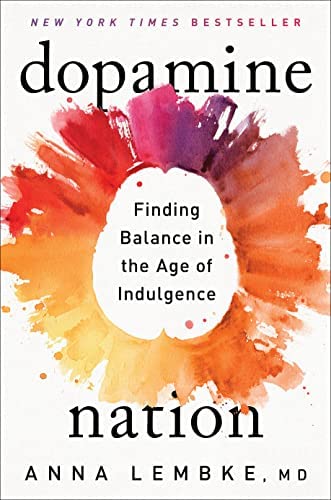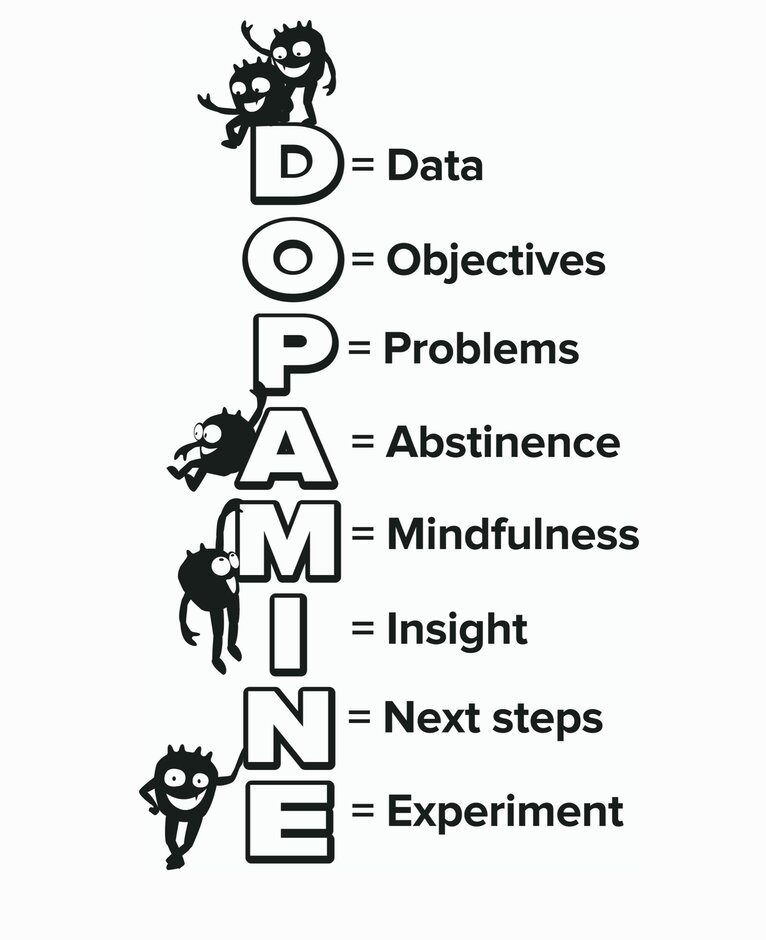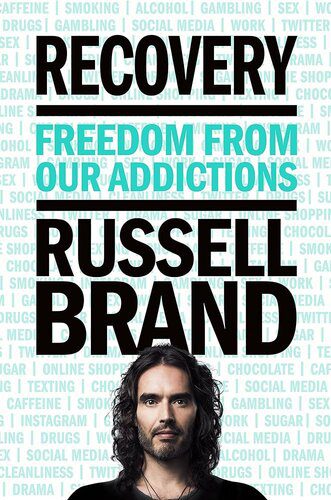You are what you consume, the food, media, people, vibrations, and energies that you allow into your life ultimately determine your attitude and overall well-being. Eating junk food produces a junk body, consuming negative news produces negative thought patterns, and surrounding yourself with toxic people leads to a toxic personality. As the saying goes “Garbage In, Garbage Out”. Your input ultimately determines your output. We live in a world of consumerism where we are compelled to consume more than we produce, a world with an overwhelming array of drugs to numb our pain. Depending on your personality, the array of choices of drugs is limitless from social media, food, pornography, news, texting, new media binging, retail therapy, and a host of other dopamine-inducing coping tools.
You cannot give what you do not have, life is an inside-out job. If you want to change the quality of your life in any area, you need to change the quality of what you consume. To have a healthy body, consume quality nutritious food, develop positive thought patterns, consume positive media, and to have a physically healthy body, engage in activities that would make you physically strong. As author Wayne Dyer often said
When you squeeze an orange, you’ll always get orange juice to come out. What comes out is what’s inside. The same logic applies to you: when someone squeezes you, puts pressure on you, or says something unflattering or critical, and out of you comes anger, hatred, bitterness, tension, depression, or anxiety, that is what’s inside. If love and joy are what you want to give and receive, change your life by changing what’s inside.
A Dopamine World

Author and psychiatrist Dr. Anna Lembke unpacks the neuroscience of reward and profer strategies to find a better, healthier balance between pleasure and pain in her book, Dopamine Nation: Finding Balance in the Age of Indulgence 1. She writes:
We’ve transformed the world from a place of scarcity to a place of overwhelming abundance: Drugs, food, news, gambling, shopping, gaming, texting, sexting, Facebooking, Instagramming, YouTubing, tweeting . . . the increased numbers, variety, and potency of highly rewarding stimuli today is staggering. The smartphone is the modern-day hypodermic needle, delivering digital dopamine 24/7 for a wired generation. If you haven’t met your drug of choice yet, it’s coming soon to a website near you.
Scientists rely on dopamine as a kind of universal currency for measuring the addictive potential of any experience. The more dopamine in the brain’s reward pathway, the more addictive the experience.
Addiction broadly defined is the continued and compulsive consumption of a substance or behavior (gambling, gaming, sex) despite its harm to self and/or others.
One of the biggest risk factors for getting addicted to any drug is easy access to that drug. When it’s easier to get a drug, we’re more likely to try it. In trying it, we’re more likely to get addicted to it.

On May 23rd, 2023, the United States Surgeon General Dr. Vivek Murthy released an advisory on the effects of social media on youth mental health titled: Social Media and Youth Mental Health 2. The advisory calls attention to the growing concerns about the effects of social media on youth mental health. It explores and describes the current evidence on the positive and negative impacts of social media on children and adolescents, some of the primary areas for mental health and well-being concerns, and opportunities for additional research to help understand the full scope and scale of social media’s impact. Some of the findings advisory include:
- Frequent social media use may be associated with distinct changes in the developing brain in the amygdala (important for emotional learning and behavior) and the prefrontal cortex (important for impulse control, emotional regulation, and moderating social behavior), and could increase sensitivity to social rewards and punishments.
- Excessive and problematic use of social media can harm children and adolescents by disrupting important healthy behaviors. Social media platforms are often designed to maximize user engagement, which has the potential to encourage excessive use and behavioral dysregulation. 69, 70 Push notifications, autoplay, infinite scroll, quantifying and displaying popularity (i.e., ‘likes’), and algorithms that leverage user data to serve content recommendations are some examples of these features that maximize engagement.
Some researchers believe that social media exposure can overstimulate the reward center in the brain and, when the stimulation becomes excessive, can trigger pathways comparable to addicti
In his book, Recovery: Freedom from Our Addictions 3, English comedian, actor, writer, and activist Russell Brand describes how consumerism getting us more addicted to our drug of choice and how we can get back freedom from our addictions. He proclaimed:

We live in an age of addiction where addictive thinking has become almost totally immersive. It is the mode of our culture. Consumerism is stimulus and response as a design for life. The very idea that you can somehow make your life alright by attaining primitive material goals – whether it’s getting the ideal relationship, the ideal job, a beautiful Berber rug or forty quids’ worth of smack – the underlying idea, ‘if I could just get X, Y, Z, I would be okay’, is consistent and it is quite wrong.
We adapt to the misery of an unloving home, of unfulfilling work. Of empty friendships and lacquered alienation.
Drugs, sex, relationships, food, work, smoking, alcohol, technology, pornography, hoarding, gambling, everything. Because the instinct that drives the compulsion is universal. It is an attempt to solve the problem of disconnection, alienation, and tepid despair because the problem is ultimately ‘being human’ in an environment that is curiously ill-equipped to deal with the challenges that entails. We are all on the addiction scale.
Consumerism is stimulus and response as a design for life.
As the saying goes, “How far you go in life is going to be determined by the media you consume and the people you surround yourself with.” Everything you consume right now whether food, books, media, people vibration and energy would ultimately determine the direction of your life. We all have our drug of choice and the key to navigating our dopamine-inducing world is to choose the right drugs. Sometimes these drugs might have served us in our past but when we get better input, the onus is on us to make better decisions. If you know better, you should do better. I used to use social media mindlessly but after reading a bunch of books and watching a couple documentaries, I decided to leave all the platforms except Linkedin. I left social media mostly because I came to the reckoning that it was no longer serving me. Be careful what you consume as it might ultimately consume you as the algorithms are presently consuming most of us.
Meditation
- Daily Calm with Tamara Levitt – Patience
- The more opportunities we have to practice patience, the more it strengthens in us. Impatience has a reason, we can normally tell this quickly in the body, our mind becomes agitated, and our body becomes tense. When we respond to ourselves and circumstances patiently and compassionately, our irritation and resistance soften.
‘Adopt the pace of nature: her secret is patience.’ – Ralph Waldo Emerson
- Daily Jay with Jay Shetty – Joy Building
- Instead of focusing on reducing what gets you frustrated, you can elevate what uplifts you. When we commit our time and energy to increase joy, we can turn down the volume on our anxiety, we can ease our difficulties and dilemmas. When we learn to lean into the good things, it leads our brains away from the bad ones.
- Enjoyment, pleasure, and fun help reduce endorphins and dopamine, hormones that counterbalance our negative feelings and act as barriers against the stress of life. Conscious healthy joy-building can help sustain you, especially when it aligns with your values, purpose, and priority.
When we consciously prioritize joy, we can flip the script on stress and anxiety. - Daily Trip with Jeff Warren – Protection
- Equanimity means not getting tight about any imperfection in our experience. Focused attention begins with choosing where you want to pay attention.
Podcast
- Want To Be Happy? Focus On THIS! – Ed Mylett Podcast
All the best in your quest to get better. Don’t Settle: Live with Passion.



Comments are closed.